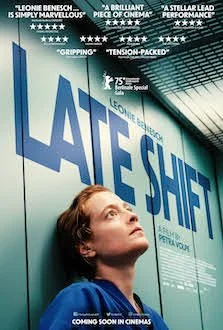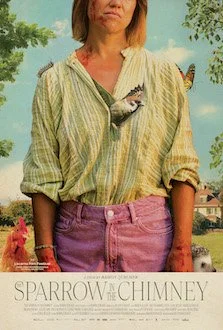Direction: Petra Volpe
Country: Switzerland / Germany
Drawing inspiration from a detective novel by Madeline Calvelage, a young German nurse, Swiss screenwriter and director Petra Volpe delivers one of the most frighteningly believable, powerful, and necessary medical dramas in recent memory. Late Shift—a love letter to all nurses with heart—offers an enthralling experience that breathes authenticity and leaves you emotionally drained by its end.
Every frame rings true, with Leonie Benesch (The Teachers’ Lounge, 2023) delivering a stirring performance as a surgical nurse working at a demanding, chronically understaffed hospital. During an unforgiving night shift, she patiently engages with patients and their families, managing the relentless stress with quiet resilience—though certain atypical situations push her perilously close to collapse.
Rich in both humanity and tension, Late Shift keeps viewers constantly on edge, propelled by a taut script, assured direction, and flawless acting. The patients’ stories, drawn from situations Volpe witnessed while preparing the film as well as some personal experiences, deepen the film’s emotional resonance while grounding its drama in reality.
You won’t find a more stressful cinematic rollercoaster this year—and its haunting finale continues to linger long after the credits roll.






















